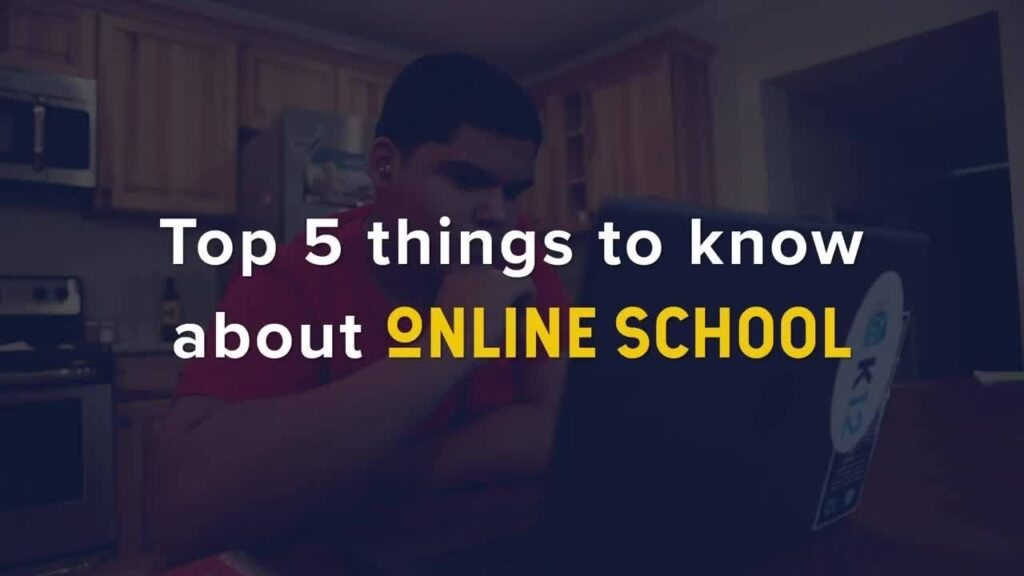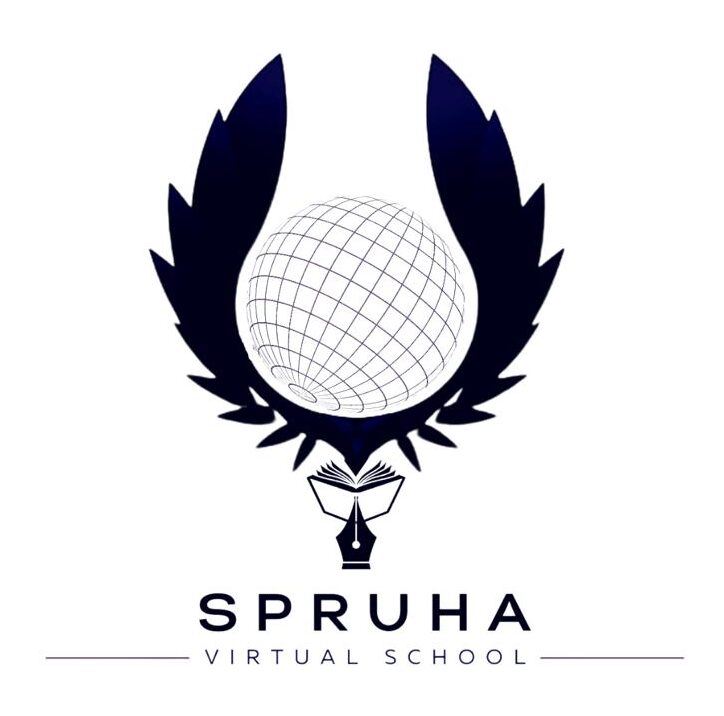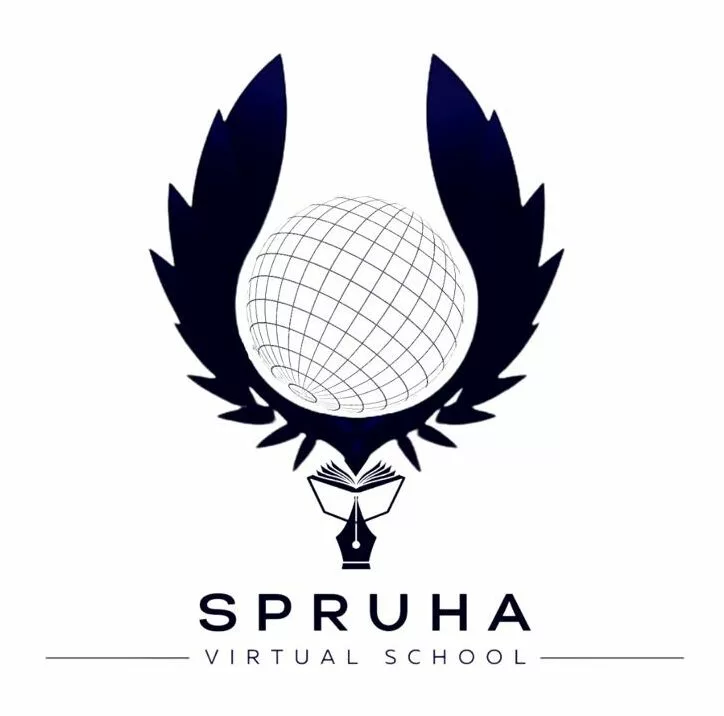In today’s rapidly evolving educational landscape, online schooling has emerged as a popular and viable option for families seeking flexible and personalized learning solutions. With technological advancements and a growing demand for alternative education models, many parents and students are turning to virtual platforms like K12 to meet their educational needs. But how does online school work, and what can you expect when enrolling in a K12 program? Here are the top five things you need to know about K12 online school to help you make an informed decision.

1. The Online School Environment: Navigating the Virtual Classroom
The first question that often arises when considering online education is, “What does the online school look like?” K12 offers a comprehensive and user-friendly online learning environment designed to accommodate different grade levels and learning needs:
- Grades K-5: Younger students use the Online Learning System (OLS), a vibrant and intuitive platform that allows them to view their daily schedule, classes, lessons, and grades all in one place. The OLS is designed to engage young learners with interactive lessons and activities that make learning fun and exciting.
- Grades 6-12: Older students utilize the D2L platform, which provides a more advanced set of tools for managing academic responsibilities. This platform is tailored to meet the needs of middle and high school students, offering features that help them stay organized and focused on their educational goals.
Both platforms are web-based, ensuring easy access from any device with an internet connection. Once enrolled, students and their families can log in to view the day’s live classes, weekly lessons, school email, grades, and announcements. This centralized approach helps students and parents stay organized and informed, making it easier to track progress and stay on top of assignments.
2. Live Classes with Certified Teachers: Engaging and Interactive Learning
One of the standout features of K12 online school is the opportunity for students to participate in live classes with state-certified teachers. These sessions, known as Class Connects, provide real-time instruction and interaction with classmates, mimicking the collaborative environment of a traditional classroom.
- Interactive Learning Experience: During Class Connect sessions, students can engage with teachers and peers through chat, microphone, and whiteboard features. This level of interaction fosters a sense of community and enhances the learning experience by allowing students to ask questions, share ideas, and receive immediate feedback from their teachers.
- Breakout Rooms for Collaboration: Teachers use breakout rooms to facilitate group projects and deliver targeted instruction, allowing for personalized learning experiences. These smaller group settings enable students to work collaboratively on assignments and develop essential teamwork skills.
- Transition to NewRow: While Blackboard Collaborate is the current platform for live classes, K12 plans to switch to NewRow in Fall 2020. NewRow offers additional video and collaboration tools to enhance the online learning experience, providing students with more opportunities to engage with their peers and teachers.
3. Independent Work and Assignments: Balancing Online and Offline Learning
In addition to live classes, K12 students have a variety of independent assignments to complete. These lessons can be tackled individually or with the assistance of a Learning Coach, providing flexibility in how students learn and engage with the material.
- Comprehensive Learning Approach: K12’s curriculum includes a mix of online and offline activities, ensuring a well-rounded educational experience. While many assignments are completed online, students also have offline tasks such as science experiments, art projects, and reading assignments. This blend of activities encourages hands-on learning and helps students develop critical thinking skills.
- Tracking Progress and Performance: The online school homepage allows students and parents to monitor assignment progress and grades, helping them stay on top of their academic responsibilities. This feature promotes accountability and allows students to take ownership of their learning journey.
- Tailored Learning Plans: K12 offers personalized learning plans that cater to the individual needs of each student. These plans take into account the student’s learning style, pace, and interests, ensuring that they receive the support and resources they need to succeed.
4. The Role of the Learning Coach: Supporting Student Success
A unique aspect of K12 online schooling is the involvement of a Learning Coach. This adult, often a parent or guardian, plays a crucial role in supporting the student’s educational journey.
- Key Responsibilities: The Learning Coach provides support, motivation, and guidance throughout the school year. Their daily responsibilities vary based on the student’s age, grade level, and individual needs. For younger students, the Learning Coach may be more involved in daily lessons, while older students may require less hands-on assistance.
- Commitment to Student Success: It’s essential for the Learning Coach to be available and dedicated to supporting the student each school day. This involvement is key to the student’s success in the online learning environment, as it helps create a structured and supportive learning environment at home.
- Resources and Support: K12 offers a wealth of resources and information about the Learning Coach role on their website, helping families understand how to best support their students. These resources include training videos, webinars, and online communities where Learning Coaches can connect and share best practices.
5. Scheduling the School Day: Flexibility and Structure
One of the benefits of online school is the flexibility it offers in scheduling the school day. However, it’s important to strike a balance between live classes and independent work to ensure a productive and effective learning experience.
- Prioritizing Live Classes: Live classes must be attended at specific times, so they should be prioritized in the daily schedule. This ensures that students receive direct instruction and can participate in interactive learning sessions with their teachers and peers.
- Flexible Learning Options: Apart from live classes, students have the freedom to organize their day in a way that suits their learning style. Some students prefer tackling challenging subjects first thing in the morning, while others spread out their workload throughout the day or focus deeply on a few subjects at a time.
- Time Management and Organization: Online school requires a commitment of about six hours per day for classes, lessons, and assignments. It’s important to plan breaks and ensure students have opportunities for social interaction and extracurricular activities. This helps prevent burnout and keeps students engaged and motivated.
- Social and Extracurricular Activities: In addition to K12 online clubs and school-sponsored events, students should make time to see friends, play on sports teams, or participate in community activities. These interactions are crucial for developing social skills and maintaining a healthy work-life balance.
Conclusion: Embracing the Future of Education
K12 online schooling offers a dynamic and flexible learning environment that adapts to the needs of individual students. By providing state-certified teachers, interactive classes, and personalized learning plans, K12 empowers students to take charge of their education and achieve their academic goals.
As more families consider online schooling as a viable alternative to traditional education, understanding these key aspects can help ensure a successful transition. With the right support and resources, online school can provide a fulfilling and enriching educational experience for students of all ages. Whether you’re seeking more personalized instruction, a flexible schedule, or a safe and supportive learning environment, K12 offers the tools and resources you need to succeed in the world of online education.

